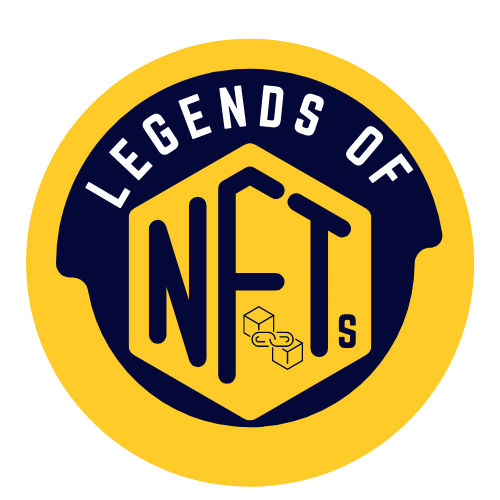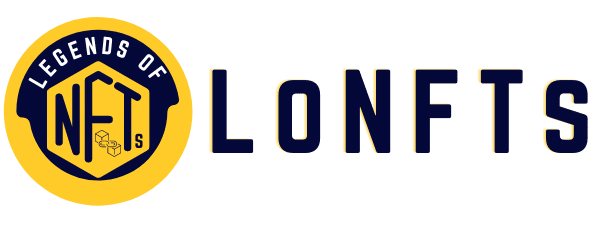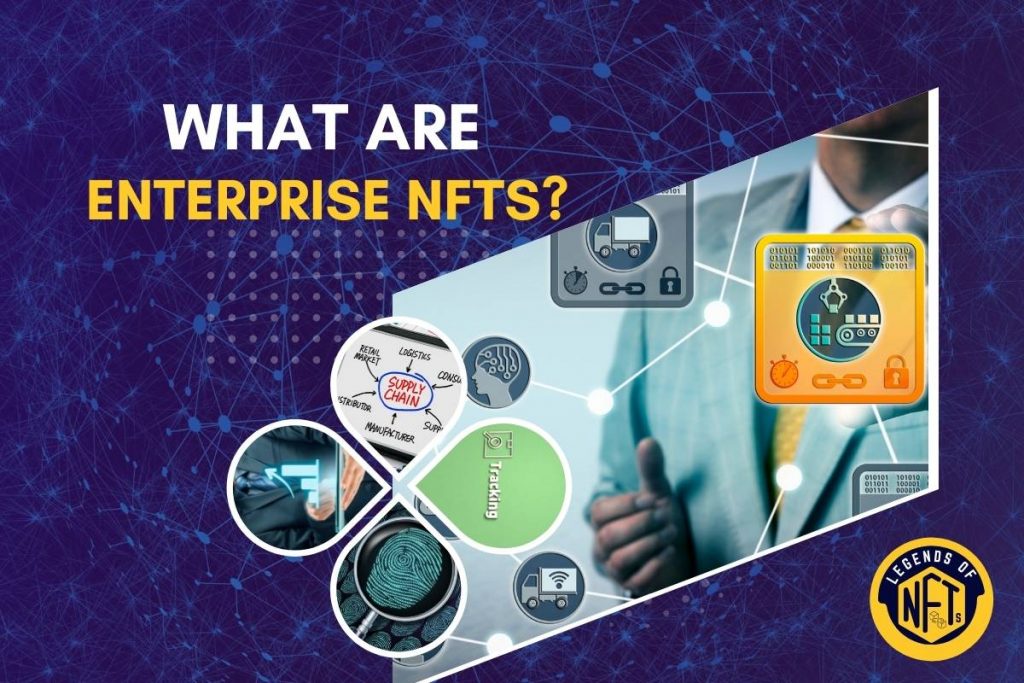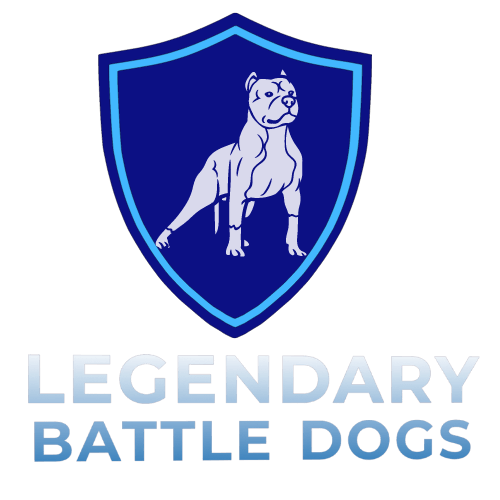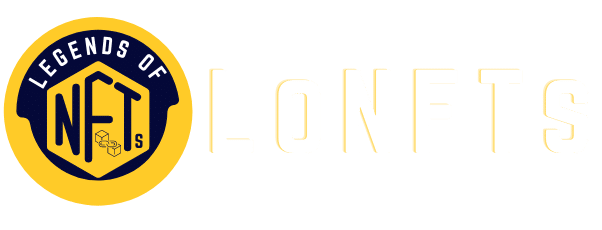When most people think of non-fungible tokens (NFTs), they think of games like CryptoKitties or Decentraland. But while gaming is a popular use case for NFTs, they can be used in a variety of other ways as well. In this blog post, we’ll explore what enterprise NFTs are and some of the ways they can be used. We’ll also go into more detail on specific applications of enterprise NFTs!
Blockchain Technology
Before we dive into Enterprise NFTs, one must understand what blockchain technology is and how it works. The term “blockchain” has been used in a variety of contexts, including the digital ledger that underlies the cryptocurrency bitcoin. However, blockchain technology can be applied to any type of transaction, and its potential uses are far-reaching. Many Enterprises are beginning to explore how blockchain technology can be used to streamline processes and create new business models.
Learn More About Blockchain Technology.
Enterprise NFTs
An Enterprise NFT is a type of non-fungible token that represents a physical or virtual asset on a blockchain. Unlike traditional NFTs, which are used for gaming and other digital applications, Enterprise NFTs aims to provide a way for businesses to track and manage their assets using blockchain technology. While there are many potential uses for Enterprise NFTs, they are most commonly used for things like supply chain management, identity verification, and asset tracking. By securely storing data on a blockchain, businesses can benefit from increased transparency and immutability.
Additionally, the use of smart contracts can automate processes and help to ensure compliance with regulatory requirements. Ultimately, Enterprise NFTs offer a versatile solution for businesses looking to take advantage of blockchain technology.
How does an Enterprise NFT Work?
Enterprise NFT can help to improve the tracing and provenance of items in the supply chain. By recording data on the blockchain, ENFTs provide an immutable record of an item’s journey from manufacture to sale. This allows companies to track items throughout the supply chain and helps to ensure that only authorized parties have access to them.
Potential Uses of Enterprise NFTs
There are a number of potential uses for Enterprise NFTs. Here are just a few examples:
Supply Chain Management
One area where blockchain technology is being explored is supply chain management. Blockchain can be used to track the movement of goods through the supply chain, from suppliers to manufacturers to retailers. This would allow businesses to have visibility into their supply chains and ensure that goods are being shipped as scheduled. In addition, blockchain could be used to verify the authenticity of goods and prevent counterfeit items from entering the supply chain.

Identity Management
Another potential use case for blockchain is identity management. Because blockchain provides a secure and tamper-proof way to store data, it could be used to store identity information such as biometric data or passport details. This would provide a convenient way for individuals to share their identity information with organizations, while also ensuring that the data is kept safe and secure.
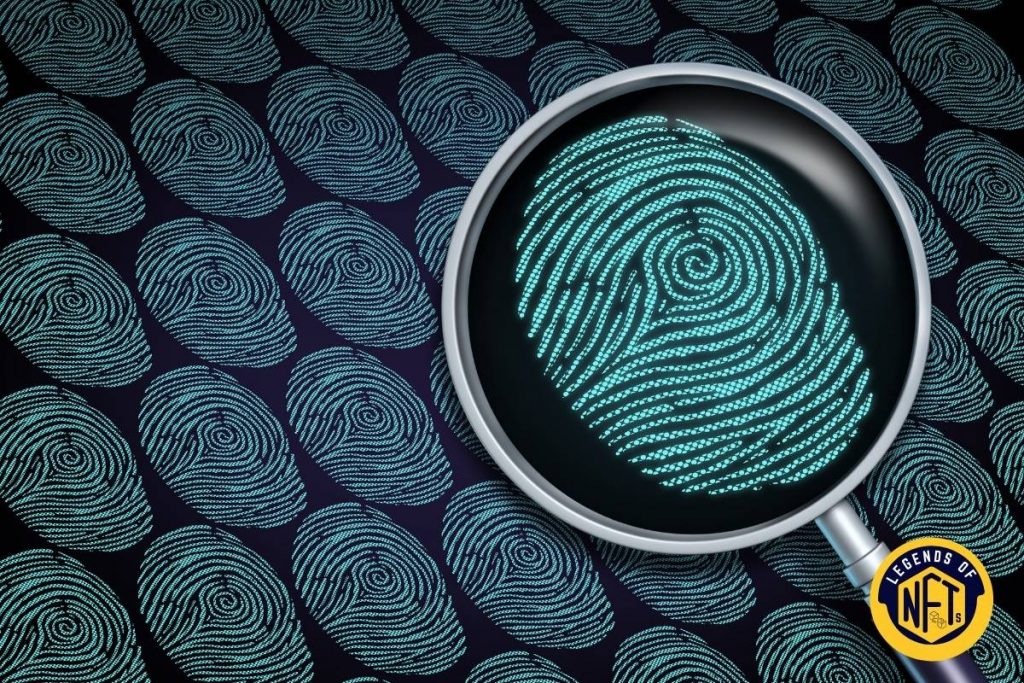
Tracking Assets
NFTs can also be used to track assets such as equipment or machinery. This information can be used to verify that an asset is where it is supposed to be, and that it is being used properly. In addition, ENFTs can help to reduce waste and fraud in manufacturing processes. By providing a tamper-proof record of an item’s progress through the manufacturing process, ENFTs can help organisations to identify and rectify errors quickly. As a result, ENFTs have the potential to provide significant benefits for a wide range of industries.
Read More: 12 Practical Uses of NFTs Beyond Digital Artworks
Enterprise NFTs and Other Business Opportunities
The use of enterprise non-fungible tokens (NFTs) can help businesses track their inventory, assets and other key data points in a secure and transparent way. By using the blockchain to store this information, businesses can be sure that it is tamper-proof and easily accessible to authorized parties. Moreover, NFTs can also be used to create digital wallets for customers, which would allow them to store loyalty points, coupons and other offers in a more secure and convenient way.
In addition, NFTs could also be used to issue digital licenses, certifications and certificates, which would streamline the process of verifying the authenticity of these documents. As enterprises begin to explore the full potential of NFTs, we believe that there will be numerous other business opportunities that will emerge.
